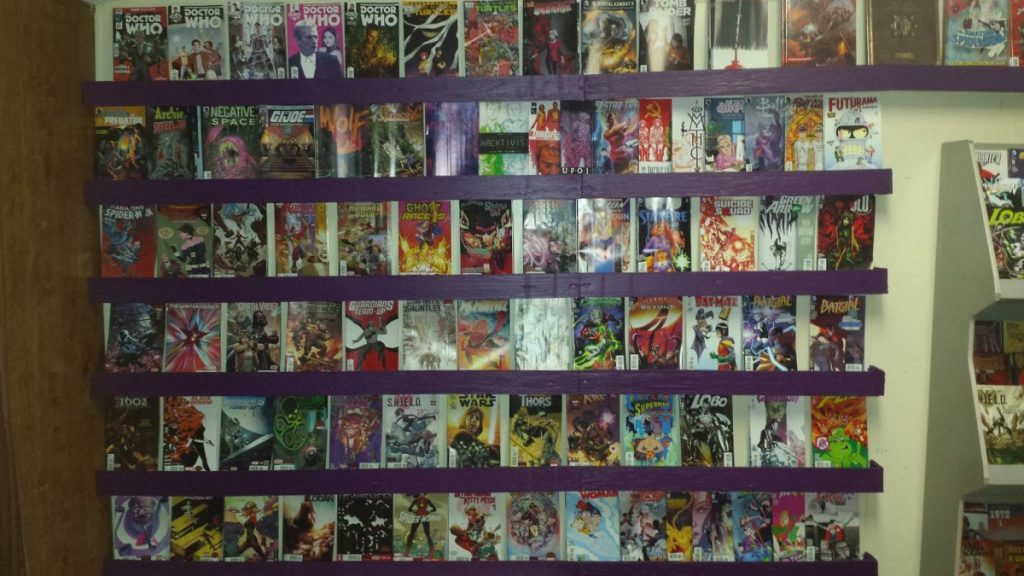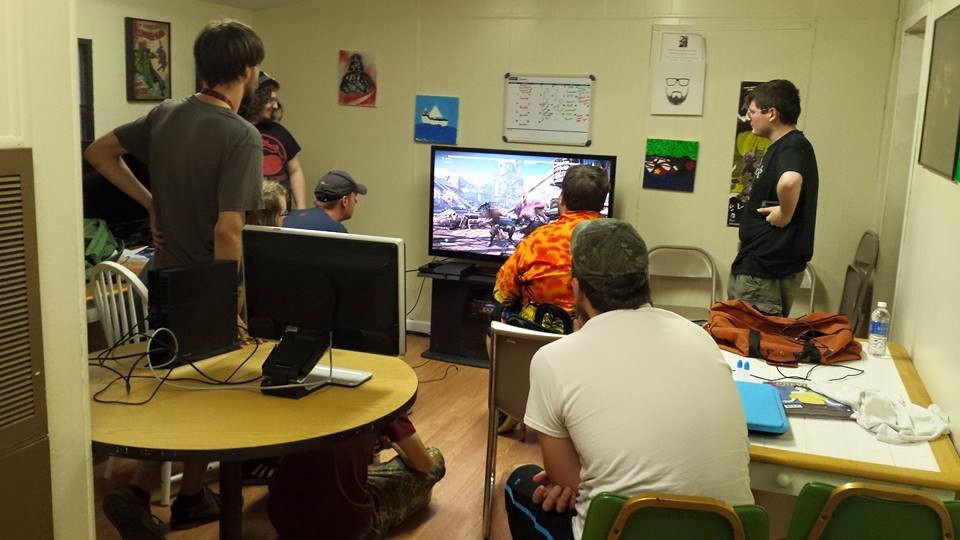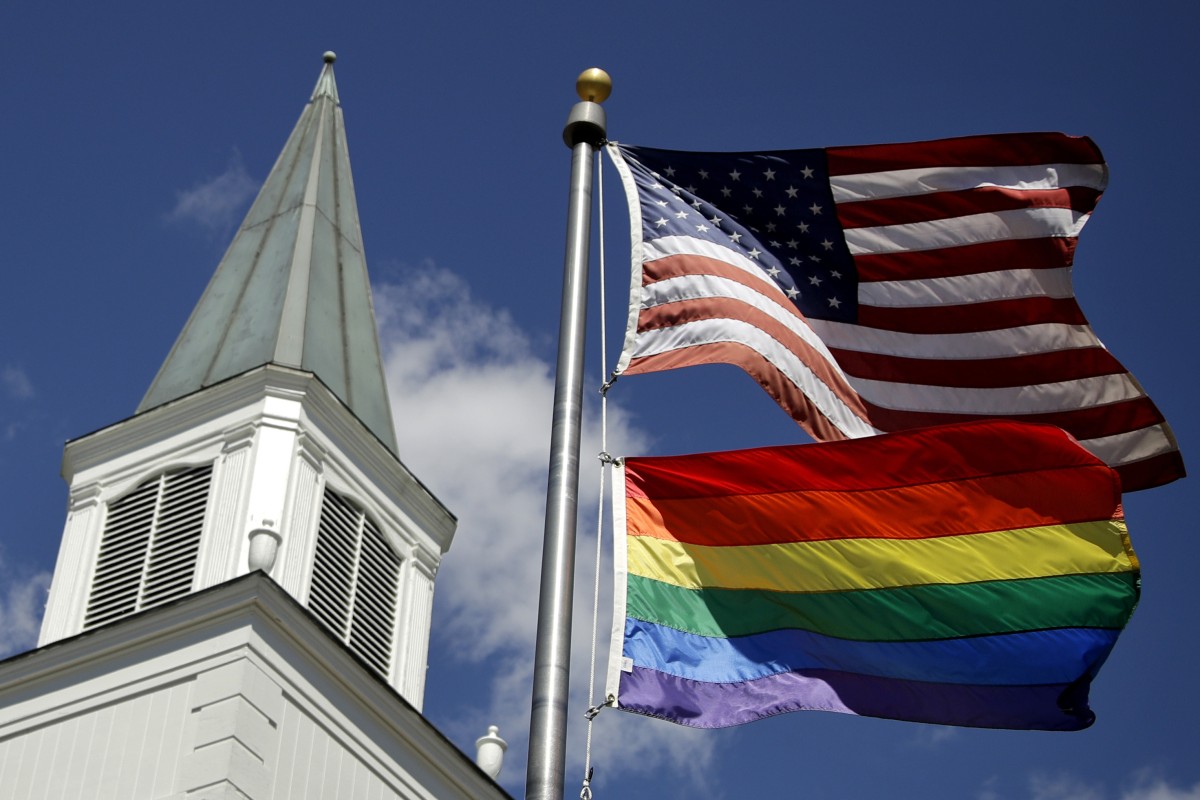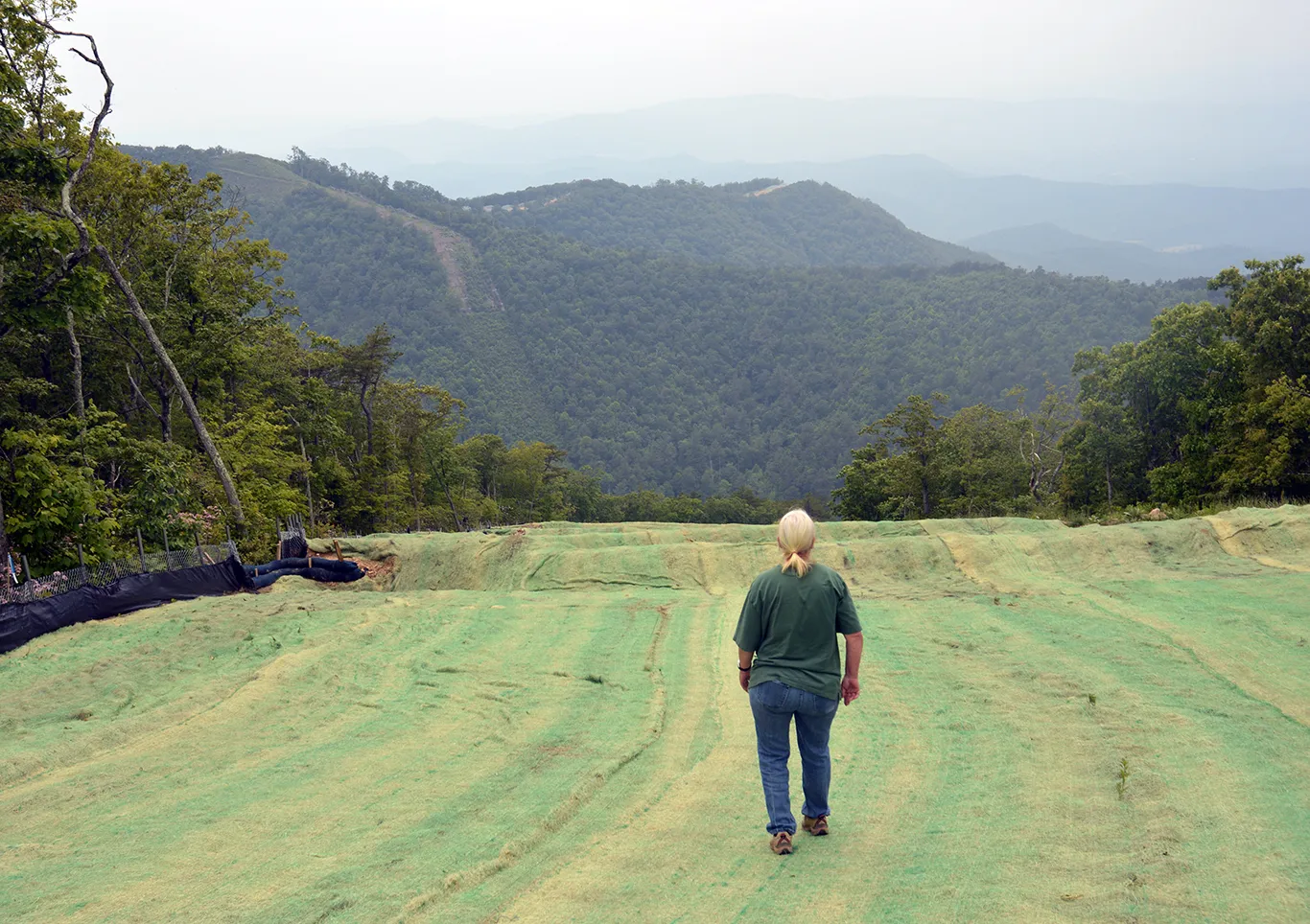I can remember going to a convention for changemakers in West Virginia about four years ago. There was a booth for one organization with the slogan, “Here for the Long Haul.” The idea was that they were here to support the generation of young people that didn’t move away. They were working to give people a reason to stay.
This resonated with me. I was working my community development job at the time because I wanted to improve my home in Boone County, West Virginia. I had watched many of my friends move away because there wasn’t any opportunity in our hometown. You can’t afford to stay somewhere when there aren’t any jobs that pay a living wage.
But I had made the difficult decision to stay because if I wasn’t working to make a difference, who would? I was willing to sacrifice the life I had once imagined in a big city chasing my creative dreams so that the young people that came after me had a chance at a good life.
It makes perfect sense why people leave rural West Virginia, but it also creates some real problems. Rural states have become incredibly conservative. This leads to harmful social policies – such as drag bans and strict abortion restrictions – that make these places even less attractive for young people. As a result of their moving to find a political climate that’s more in line with their views, there is less of an able-bodied workforce, which, in turn, leaves a place that larger companies are unwilling to set up in. It becomes a vicious cycle that forces the people that love their homes, that would otherwise stay, no choice other than to leave.
This reality convinced me that I had to stay. If things were going to get better, it required a small group of young people to choose to become martyrs. It was worth it. I’d do the hard work, build opportunities for people and give the community hope. I accepted that the coal economy was not a viable path forward for my state and my region, which meant I also needed to work to diversify our economy. I did some research and saw that many small communities had turned around through small business development.
But this research only led me to recognize another related problem. People were hesitant to open up a business in my rural town because there wasn’t a reliable customer base. I believed change was possible, I just needed to demonstrate it. I opened up a comic book and game store. I had always loved comics, but I also needed to show people that a business could be successful here.

Unfortunately, I wasn’t able to do that. Within a year, I was forced to close my shop. I didn’t have enough starting capital so I had to get a second full-time job. I was starting to feel the impacts of the sacrifice. Still, I couldn’t let that deter me, I just needed to learn more about business and try again.
The following year, I became an Americorps VISTA with a program that was dedicated to doing just that. Through this work, I began learning much more about what it takes for a small business to be successful. The discouraging truth is that it takes money. A first-year business is rarely profitable, so you have to have enough funds to make it through your first year without a profit. That’s not really possible on a VISTA stipend.
I was willing to work hard. I had hope that change could happen in my small town, but the hard truth I was forced to face is that isn’t enough to make the kind of change at the level these communities require. It takes financial and political capital, and honestly, a good bit of luck, to rebuild an economy. I was a young adult from a low-income household. There was only so much I could do on my own.

So for the past few years, I have begun investing in myself. I am working as a high school English teacher, but the rest of my time has been going to writing fantasy stories, and my money has been going into establishing myself as a writer. I feel guilty that I’m not spending my time helping my community’s economy in the same way I attempted to by opening a small business, but I’ve learned that if I really want to change things, I have to help myself. Being a martyr doesn’t really help anyone. I may not end up being here for the long haul, but that’s not exclusively my responsibility.
The biggest lesson I have learned is that we don’t have to be martyrs. I felt so guilty when I thought about how much I wanted to move away, and I think this “Here for the Long Haul” message has a lot to do with it. If you feel like you’re giving up your happiness for a personal mission, it’s not worth it. Just like a bad relationship, young people shouldn’t stay in rural Appalachia because they want to fix it. It has to want to change too. And I hope, one day, it will.
Terry Bartley is a journalism, literature, and English teacher at Scott High School and writer of the upcoming collection of short stories, Tyranny of the Fey. Terry is the host of the podcast “Most Writers are Fans,” about the intersection between writing and fandom. Terry has professionally written for the Coal Valley News and Screenrant.



